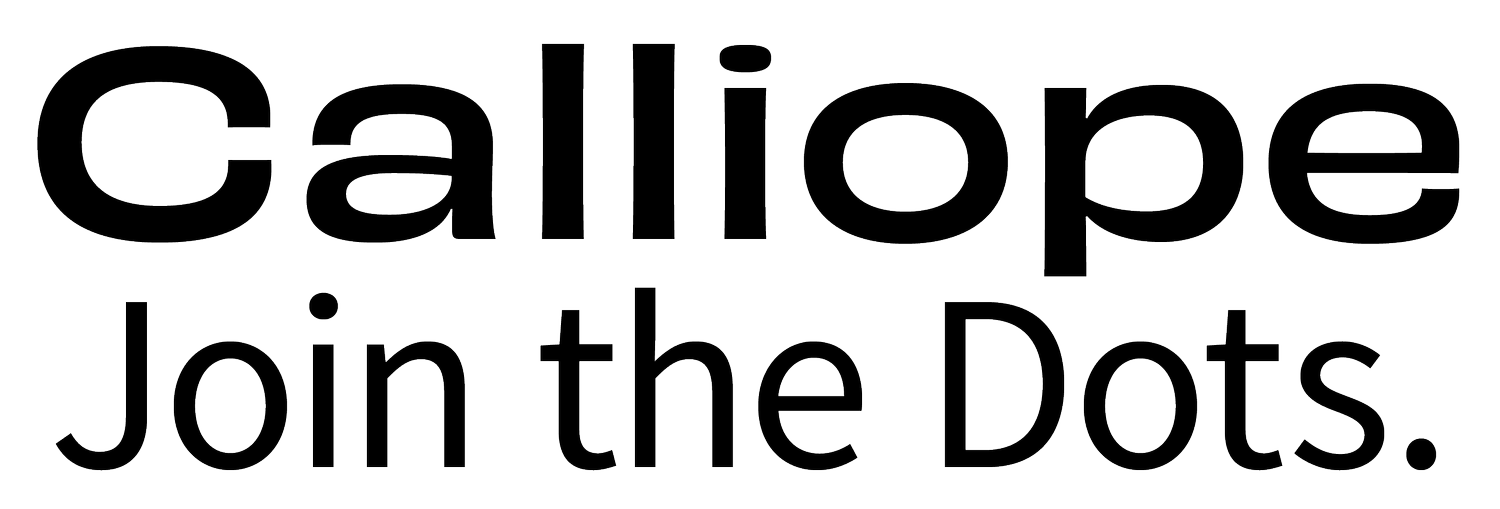
MARIE-LUISA FRICK
Philosopher. University Lecturer.
What role do we as a society give to human rights? How do we evaluate the current world order? How can we deal with such complex and polarizing issues as the pandemic, migration or war? Marie-Luisa Frick is Associate Professor of Philosophy and works at the Institute of Philosophy at the University of Innsbruck. In her lectures and writings, the scholar and public intellectual with an international focus asks difficult questions and challenges us all to think about democracy, equality, religion, enlightenment and liberty in the context of our time.
Marie-Luisa Frick / © Andreas Friedle
“Philosophy is to see clearly by thinking.”
For me, philosophy has always held the promise of fundamental insights, open horizons and rigorous inquiry.
During my studies, I came to realize how much of public discourse deals with questions that have deep philosophical underpinnings. The curiosity in that regard led me to questions such as the absolute ban on torture and the "war on terror", the cultural universality/relativity of human rights, the frontiers of democracy, the justifications of punishment or the meaning of human dignity in both secular and religious traditions. In the course of my career, I got the chance to specialize in these areas of practical philosophy. With my focus on political and legal philosophy, human rights, democracy and also philosophy of religion, my work gained considerable attention over the recent years.
As an academic, I try to balance research and teaching duties with serving the larger public with my expertise. Taking time for interviews and public talks with people from different walks of life, also for bilateral religious dialogue conferences, I try to testify to philosophy´s potential to widen our perspectives and to enrich our debates. A key concern of mine here is that in a democratic vein, such discussions should be free from exclusions as well as from incivility and still allow for maximal free speech. It is my firm believe that philosophy should be accessible to potentially everybody. It is thus important to understand that philosophy is not only a scientific discipline (for a few) but also something we all do (or should do more often): Questioning, negotiating, arguing, justifying, criticising and so on.
My professional life turns around quite a broad range of duties and functions: There is research, that is (often too little) time to read, think, write. There is teaching, that is passing on knowledge and the flame for philosophical inquiry to the next generation. There is lots of travel, meetings with colleagues and seeing many different places. And there is also quite some administrative work, too. Even though my philosophical spirit never pauses for long, I appreciate actively-lazy breaks where the fullness of my personality can thrive, ideally away from my "homebase" Innsbruck.
Most enjoyable in my job is getting to know wonderful people in various working areas and from different backgrounds. I was also lucky to have great mentors, male and female, and the support of my family, friends, and colleagues. I am also privileged to say that being a female scholar has (to my knowledge) never brought me disadvantages. For women in higher education a lot has changed to the positive over the last decades. That is a reason for being grateful. And of course, not to rest on that but keep on working towards the utopia of a fair society in an overall just world.
Marie-Luisa Frick / © philolympics.at
“The future of humanism, it lies between despondency and exuberance.”



